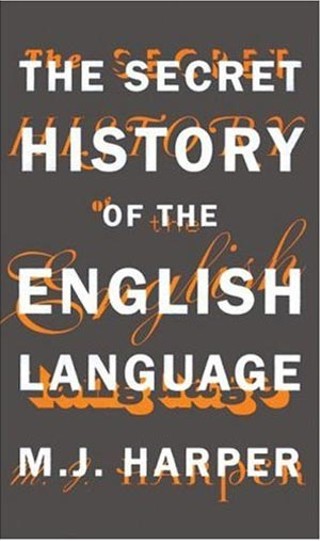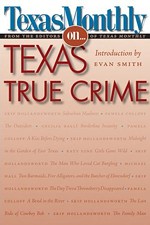Book Review: Readings
If the late Douglas Adams had made his mark as a writer of history textbooks, the resulting volumes might read like The Secret History of the English Language
Reviewed by Ken Lieck, Fri., March 7, 2008

The Secret History of the English Language
by M.J. HarperMelville House Publishing, 200 pp., $22.95
If the late Douglas Adams (The Hitchhiker's Guide to the Galaxy) had made his mark as a writer of history textbooks, it's more than likely that the resulting volumes would read essentially like The Secret History of the English Language. Author M.J. Harper's stated goal in Secret History is nothing short of debunking the entire British creation myth, which insists, among other things, that the wholly uncultured Anglo-Saxon race gave the world what we now know as the English language. Harper models his stance on Occam's razor and something called applied epistemology, which he describes as a "revisionist approach" centered around the assertion that "paradigm theories of academic studies ... tend of their nature to be untrue." (Or as the Firesign Theatre told us, "Everything you know is wrong.")
Secret History is packed to the Gaels with razor-sharp one-liners like, "Always be wary of people who say 'So what?' to a complex problem they have never thought about before," and, "Freely-available higher education produces only highly-educated fools." There's nary a stuffy line in the book, nor does the author allow things to get too high-minded; when Harper addresses the fact that the French were originally a Celtic race called the Gauls, he reminds us that this is information that "we all remember from our Asterix comics."
That's not to say the Secret History is an easy, breezy read. Generations of scholars have left some mighty big knots for the author to untangle before one imagines he could even begin to sew the myriad threads back together into anything recognizable. Harper's preferred angle of attack is to make lists of possibilities, then eliminate the most unlikely, unreasonable, and/or "soppy" ones – leaving the reader to determine which is the most plausible of the remaining options. It's an approach guaranteed to thoroughly unhinge orthodox historians, but on the other hand, it's better suited to the rattling of cages than it is to obtaining definitive answers to the questions at hand.
There's nothing that we Americans enjoy more than thumbing our noses at authority, and Harper proves that Brits are as capable of blowing a raspberry as any Yank – while simultaneously confronting mysteries that date back to the dawn of civilization. Though his two-fisted approach to academia is too blunt to connect with every blow, that same "arse-kicking" quality holds irresistible appeal to anyone who was ever mocked by a teacher and made to feel foolish in front of his classmates. It's that gung-ho, we're-all-in-it-together attitude toward gaining knowledge that makes this Secret one worth sharing.












